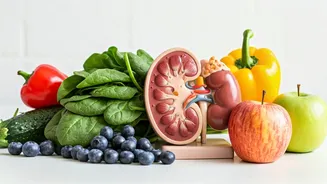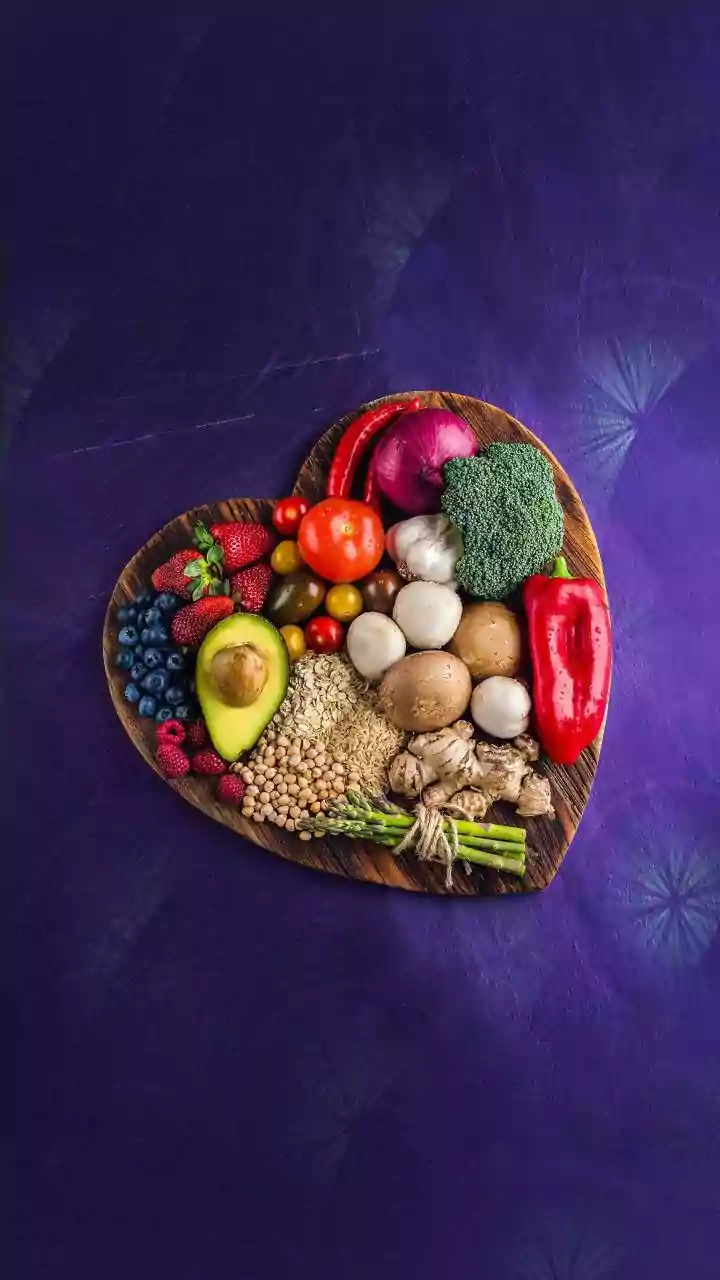Kidney's Crucial Role
The kidneys are indispensable organs that perform several critical functions in the body. They are essentially the body's primary filtration system, working
tirelessly to remove waste products and excess fluids from the bloodstream. These waste products, resulting from metabolism, include substances like urea and creatinine. Once filtered, these waste materials are eliminated from the body through urine. Beyond filtration, the kidneys play a vital role in maintaining electrolyte balance, such as sodium, potassium, and calcium, which are essential for various bodily functions. They also regulate blood pressure by managing fluid volume and producing hormones that control blood vessel constriction. Furthermore, the kidneys are responsible for the production of erythropoietin, a hormone that stimulates red blood cell production, ensuring the body gets enough oxygen. Finally, the kidneys activate vitamin D, a nutrient crucial for bone health. Healthy kidneys are, therefore, central to overall health and well-being, and it is imperative to keep them healthy.
Foods to Embrace
Incorporating the right foods into your diet can significantly support kidney health. Among the beneficial choices are blueberries, which are rich in antioxidants and help combat inflammation. Studies have shown the anthocyanins in blueberries safeguard against oxidative damage. Secondly, fish is an important component to maintain kidney health. Fatty fish, such as salmon and mackerel, are abundant in omega-3 fatty acids, which have potent anti-inflammatory properties, providing added benefits. Thirdly, cauliflower is a versatile vegetable that is an excellent source of vitamin C, fiber, and folate. These nutrients help maintain cellular health and function within the kidneys. Finally, consider adding olive oil to your diet. It is a healthy fat source, offering monounsaturated fats that are beneficial for cardiovascular health, which indirectly supports kidney function by improving blood flow and reducing the risk of cardiovascular disease, a common cause of kidney problems. Including these foods as part of your everyday meal will support kidney health.
Foods to Limit
Certain foods can place excessive strain on the kidneys and potentially worsen their function, and should be carefully regulated. High sodium intake, mainly from processed foods, can raise blood pressure, which can damage the kidneys. Packaged snacks, ready-made meals, and fast foods are usually loaded with sodium. Similarly, limiting red meat consumption is advisable. Excessive consumption of red meat can increase the production of waste products that the kidneys must filter, thereby overworking these vital organs. Another food group to limit is processed foods. Processed foods, often high in sodium, phosphorus, and other additives, pose a threat to kidney function. Be mindful of food labels and be attentive to hidden ingredients. Lastly, be wary of foods high in potassium. Individuals with kidney problems may experience difficulty managing potassium levels, and high potassium intake can cause hyperkalemia. This includes certain fruits, vegetables, and some dairy products. Monitoring your diet and understanding the potential impact of various foods is essential to safeguard your kidney health.

















